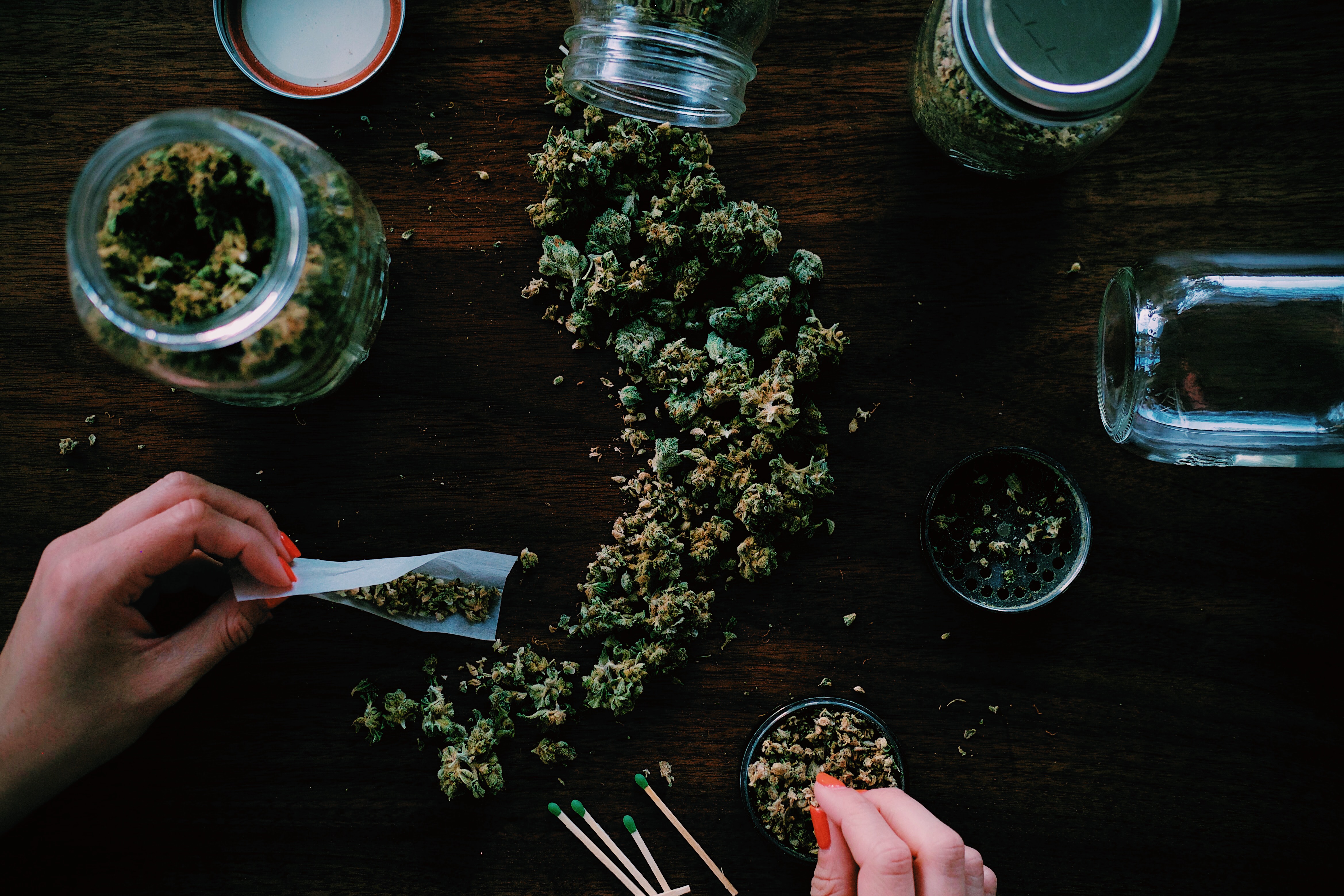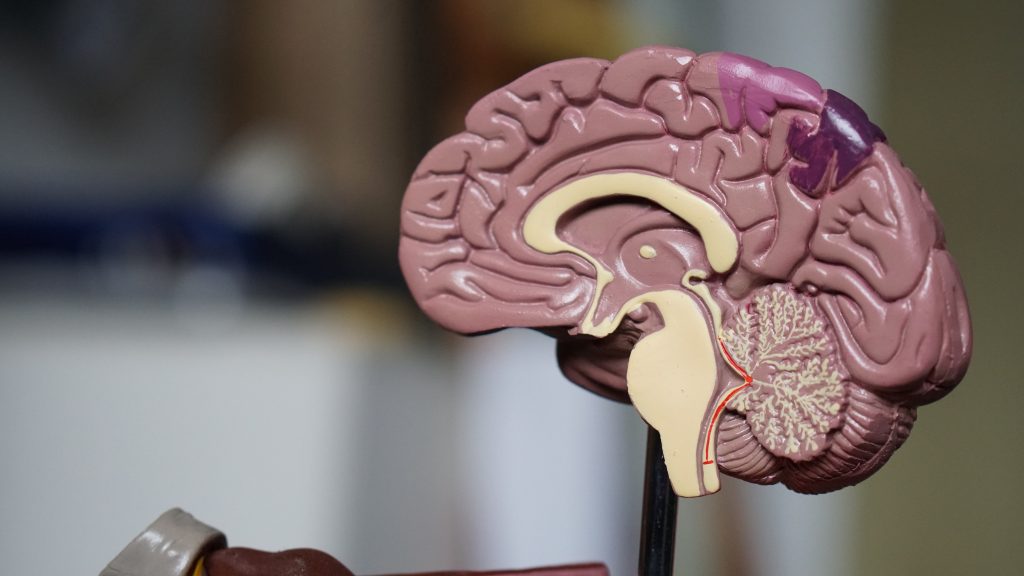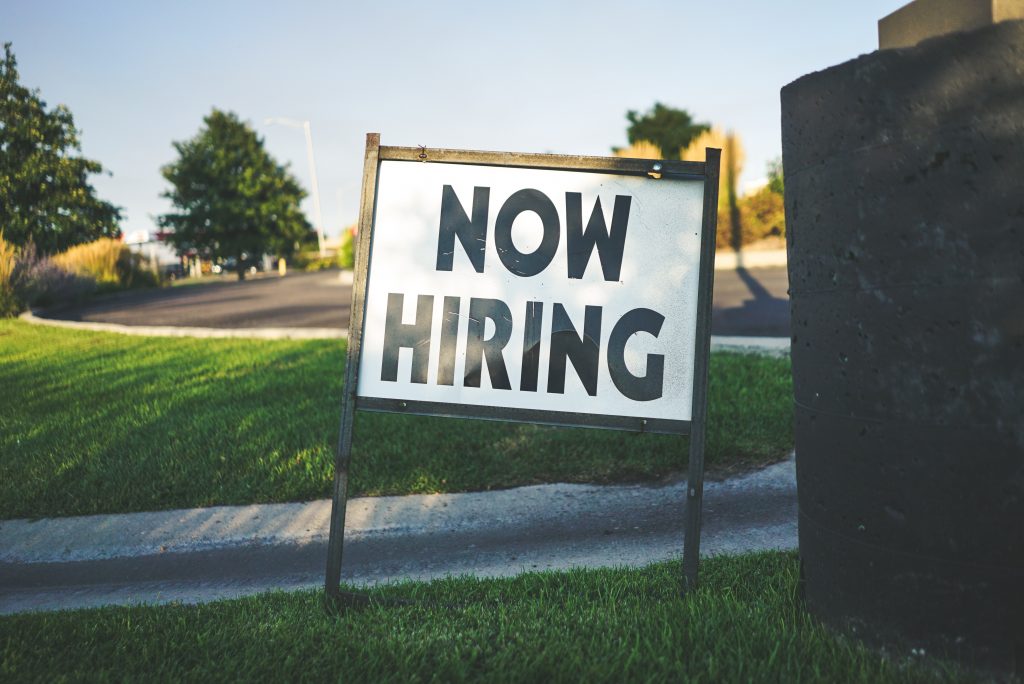The persistent and never-ending topic for millennials. Many have argued and petitioned for the cause and have won but many protests have fallen on deaf ears. Today there are only six countries in which marijuana is fully legal for its citizens. The fight for legislation has almost become comical in the eyes of the media with the stereotypical portrayal of activists as backpacking hippy potheads but this is false we have seen a surge in the support for legalization in the US reach 61% across all age groups. This being the case its almost inevitable that weed will be legal within the next five years, its time we take a look at the social costs and benefits of its legalization.
As mentioned earlier there’s a played out stereotype of recreational marijuana users in mass media. We’ve surpassed the days of the average user just being a pothead. Today marijuana is widely used for medicinal purposes as we can see it has become legal for medical use in 46 US states. Marijuana contains cannabinoids THC and CBD. THC is the most sought for aspect as it helps reduce pain, nausea, muscle inflammation and anxiety. It also gives a ‘high’. Whereas CBD aids psychosis and mental disorders, controlling epileptic seizures, migraines and a reduction in inflammation. The constant study of the drug continues to help discover new ways in which it can help aid illnesses. With there being a clear market for its medical and recreational use, we must analyze how this will affect our society and economy.
First, we must acknowledge the difference between recreational and medicinal use. Medicinal use is the use of the properties in marijuana, that being the cannabinoids which are highly beneficial as stated above in medical practice. Recreational use is used to intentionally change one’s state of consciousness, often producing feelings of happiness and exhilaration. Those who tend to use marijuana for recreational use, smoke or inhale it in some form.
While marijuana maybe not be as harmful as other drugs, there is a common misconception around it, that being, it is not harmful to you. Yes in many circumstances smoking marijuana is often better for you than smoking tobacco but that doesn’t mean its good for you. The recreational use of marijuana has not been around as long as the likes of tobacco and alcohol and because of this, we can not fully measure its impact on human health. It would be naive not to factor these potential risks before legalizing it. Due to the medicinal purposes of the substance, many have come to the conclusion that smoking marijuana is good for you but recent studies have shown that frequent inhalation of marijuana smoke can lead to the same respiratory problems as tobacco smokers, such as the increased risk of lung infection, frequent cough, and chest illnesses. It is also important to factor that a lot of marijuana users tend to smoke ‘spliffs’. Spliffs are marijuana cigarettes, where tobacco and marijuana are mixed together in a cigarette form. These users are then prone to become addicted to nicotine which can lead to a dependency on spliffs or tobacco which has a long list of health consequences. It has also been widely studied the link between a stunt in brain development of teens and early use of marijuana. A study from scientists at the University of Pennsylvania found that students who used marijuana were found to have lower scores on tests of memory, learning new information and high-level problem-solving.
With legalizing marijuana it’s impossible to ignore the monetary aspect. According to the United Nations drug report 2017 over 158 million people worldwide use marijuana yearly. A report by Annals of Internal Medicine also shows that 1 in 7 Americans used marijuana that year. There’s a clear demand for the substance and should we legalize it, we could benefit heavily from the revenue it could bring in. Colorado was one of the first states in the US to legalize marijuana for recreational purposes back in 2014. In its first five years of legalization, the Colorado Department of Revenue reported that the combined sales of marijuana have exceeded over $7 billion. From the total sales, the state of Colorado has earned over $1 billion dollars in taxes. This figure only represents the amount earned from excise duties and not from the jobs and spinoff jobs it has created. RCG Economics estimate between 2017-2024 over 41,000 jobs will be generated in Nevada alone as a result of the legalization of marijuana and $260.7 million in direct, indirect and induced labor income each year. There’s money to be made from legalizing it and there’s also money to be saved. According to the Drug Policy Alliance (DPA), in 2018 alone, there were over 600,000 people arrested in the US for possession only. These cases have put a burden on the US judicial and federal system. American Civil Liberties Union estimates that the costs of these prosecutions amount to $3.6 billion every year. Should we legalize marijuana we would see a significant drop in the cost of its imposition.
After weighing these factors for legalizing marijuana, I can not see a valid argument against it. We can see that by legalizing the substance we would see a spur in economic growth through new jobs, income taxes and excise duties. We would also see more development in the medical field as the use of cannabinoids is a more viable and affordable option for citizens. Decriminalizing marijuana would also relieve pressure placed on law enforcement and the judicial system with the total of marijuana-related prosecutions. There are health concerns related to smoking marijuana and using cannabinoids as seen above but none are no more harmful than those caused by the use of alcohol and tobacco. Should we legalize marijuana, I believe we should adhere to the same regulations as placed on alcohol and tobacco use. In Colorado alone, there was an estimated $25 million worth in damages as a result of marijuana-related DUIs in 2016. Strict regulation and legislation can see a reduction in this. The legalization of marijuana is inevitable at this stage, we must face the facts and get the ball rolling on legalizing it. There is money to be made and with this extra revenue, I believe the government should utilize this. With the misapprehension of marijuana being a gateway drug or an addictive drug, there must be a re-established perception of the substance. I believe with the revenue generated from sales government agencies should develop public rehab centers to aid those with addiction and prevent addiction from the use of other substances. According to the Addiction Centre, Alcohol and drug addiction cost the U.S. economy over $600 billion every year and over 700,000 Americans have died as a result of this between 1999-2017. These rehabilitation centers could be used to combat these stats and help shine a light on the positive impacts on legalizing marijuana. I look forward to seeing how legislators will appease these demands set forward by our ever-challenging generation.



